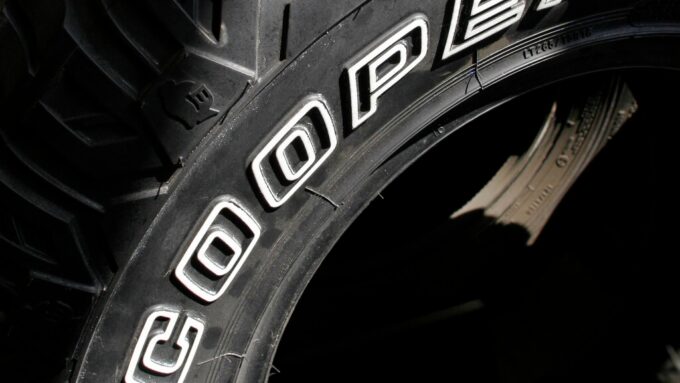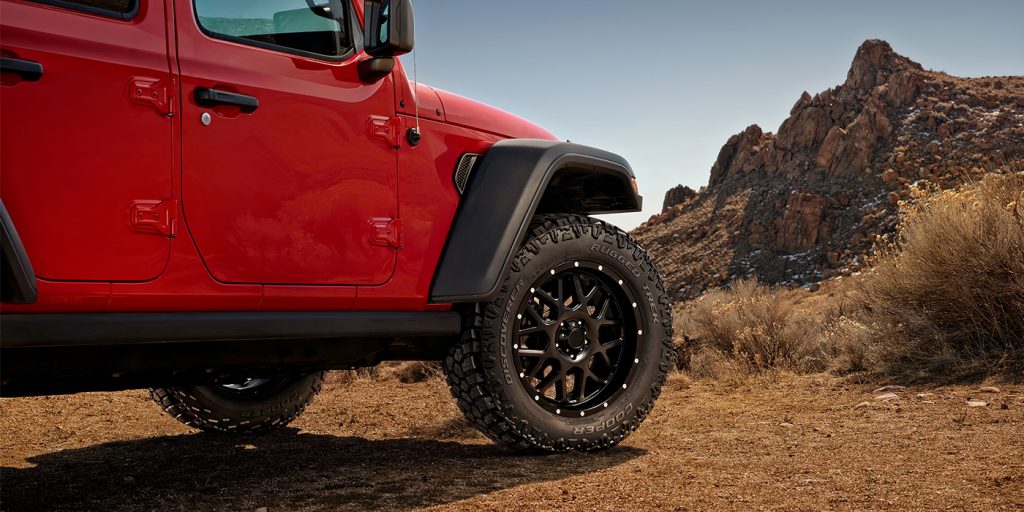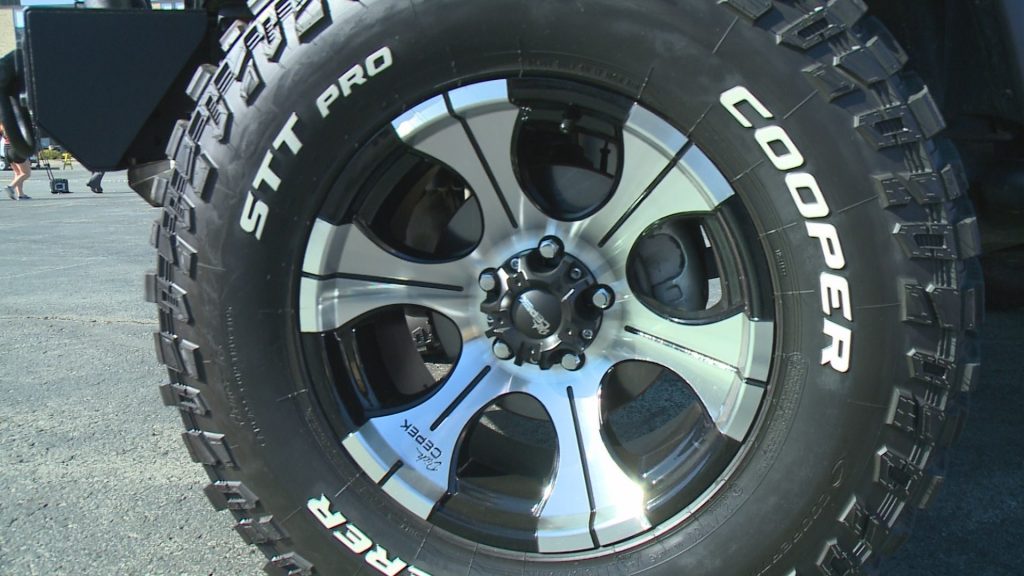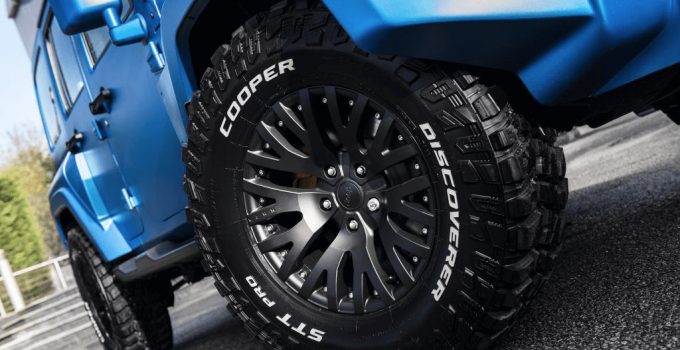Car tires had a specific path of development. The evolution of tires was necessary, so to speak, so we really have a good word to say, and even more about what the future of tires brings.
The tire was not always as useful as it is today. The early tire did not hold its shape; it would be sticky in warm weather and become inflexible during cold weather. The first rubber wheels appeared in the mid-1800s. They were solid, and the tire itself carried the load, absorbing shocks and scratches. Pneumatic or air-filled tires, in which compressed air carried the load, were patented as early as 1845. The first use of tires in cars came from the Michelin brothers, Andre and Eduard. However, over time, many other tire manufacturers have emerged that have differed in the quality of workmanship, tread depth, as well as purpose, or season for which it will be used. The development of the car industry has been extremely accelerated by the development of car tires. During the twentieth century, work was actively done on finding assembly and disassembly tires, two-way valves, there were attempts to introduce new materials, but also work on the radial construction of Tubeless tires.
Among many manufacturers, Cooper tires have stood out for their quality. Cooper is an American company that operates worldwide. But no matter where a particular Cooper tire creation business was located, one thing remains the same: a premium product. With production on three continents and a worldwide sales and distribution network, Cooper meets market demands flawlessly. Cooper provides the full range of tires needed by the wide market, from those who cycle on motorcycle roads every day, to enthusiastic individuals who master the most demanding roads, off-road, and race tracks and do not agree on anything less than top performance. You can click here to learn more. Today, Cooper is a world leader in the production of tires for SUVs and off-road vehicles, but it also offers a complete range of tires on the market. The tires are very durable and of excellent quality, and they are also distinguished by a reasonable price. The brand is present in more than ten countries and continues to expand. The tires produced by Cooper Tires stand out for their top quality that respects the environment. The factories of this company produce in accordance with state-of-the-art technology.
Production processes respect environmental constraints. Some tires are labeled “Greater fuel economy” and strive to provide the driver with comfort, reliability, and longevity. Cooper tires are designed for vehicles with all-wheel drive and provide excellent maneuverability on uneven and inaccessible terrain. However, they are not intended to develop speeds higher than 140 km/h, as vibrations increase and steering becomes unsafe and difficult. These tires have proven to be very efficient for driving in rainy weather, and are also equipped with a drainage system. Therefore, if you live in rainy London, these tires are without a doubt a great choice!
Still, many drivers find themselves in a quandary when they need to change car tires and very often do not know which ones to choose. Read the text below to find out.
Development of Cooper tires

Source: manufacturing.net
These tires are developed in several phases, and these are the creation of a three-dimensional model of the tire and prototype, through testing, to certain changes and adjustments if necessary, to the launch of the series.
How do we know when it’s time to change tires?
Like any other product, tires have a lifespan. While there is no precise answer to this question, there are several indicators that will tell you that it is time to discard old tires and buy new ones to be safer in traffic. Since the tire is the only part of the vehicle that has direct and constant contact with the asphalt, it wears out relatively quickly, which affects driving safety.
Tread depth as an indicator of tire wear

Source: aftermarketnews.com
The basic thing you need to know about tires is that there are winter and summer ones. What makes them different is the depth of the profile. While summer tires have a shallower pattern, winter tires must have a much deeper one to prevent slipping during rain and snow. Many tire models have wear indicators, so-called tread wear indicators (TWI) in the form of small bulges in the tire grooves. When the tread level equalizes with this indicator, the tire is worn out and needs to be replaced.
Winter, summer, or all-season tires?
Yes, there are winter and summer, but also all-season tires. Once you determine that you need to change your tires, consider the season you need them for. If April is already the month, you should already be thinking about summer tires. Accordingly, if it is already late summer or fall, winter tires are what you need. But what about all-season tires? These are tires that can be used all year round if the winters in the area you live in are not too strong.
What markings on the tires are important for the purchase?

Source: 13abc.com
If you call a tire dealer or try to find the right tire for your car on his website, you will most often be asked for the dimensions of the desired tire. The easiest way to find out what dimensions you need is to copy the label from the existing tires on your car. If you are interested in whether you can fit tires of different dimensions, the answer is yes, but pay attention to the following. The table of permitted dimensions is prescribed by the factory or car manufacturer.
Final thoughts
With the growing popularity of autonomous cars and changes in design, the concept of wheels is also changing. Manufacturers are racing to set up a revolution in the tire industry. The car tire makes driving safer, so this is definitely something you don’t need to save on, but to choose quality above all else.







